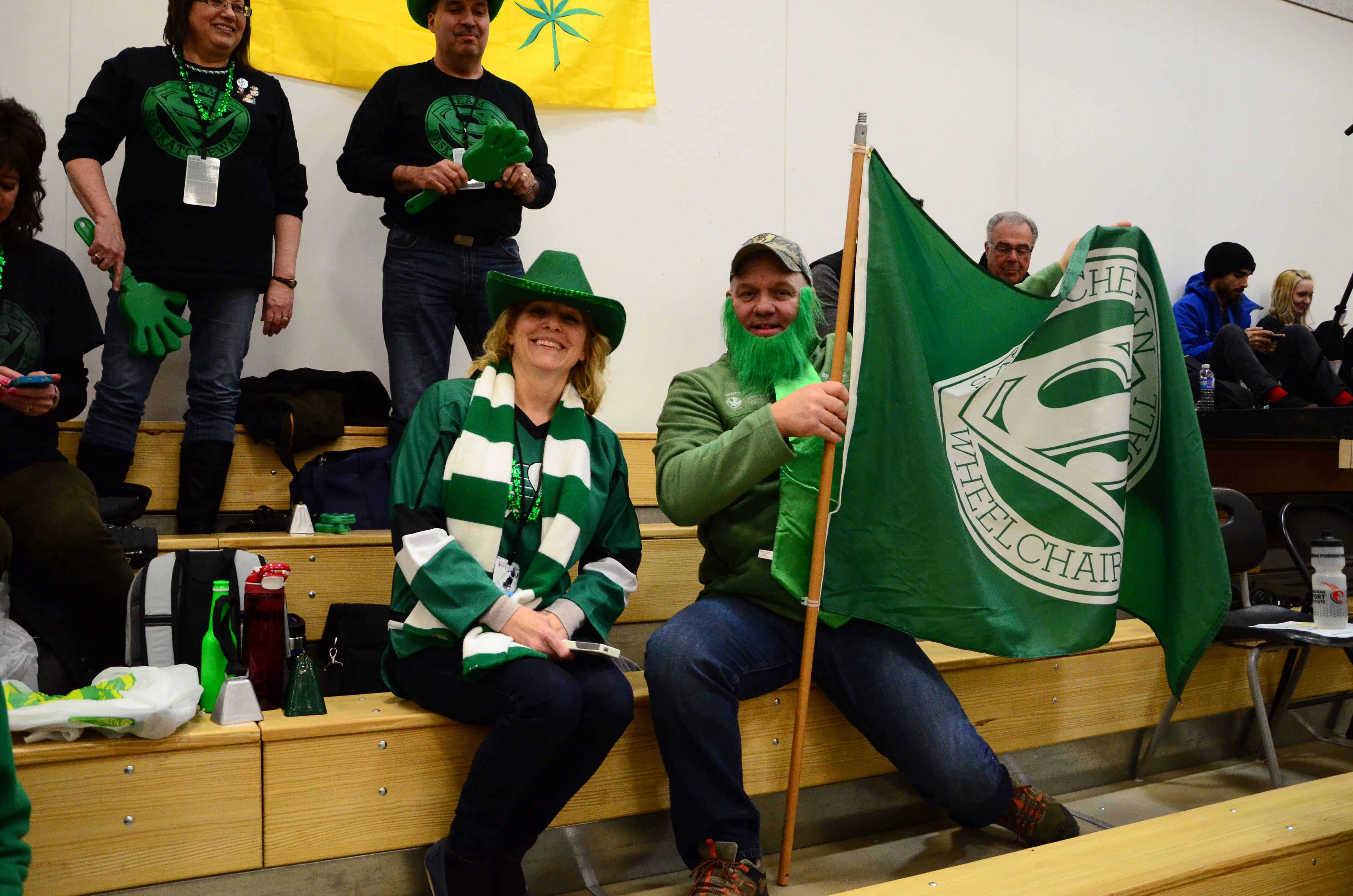Hold your peace

 Worried by protests throughout the Middle East, Saudi Arabia bans political rallies
Worried by protests throughout the Middle East, Saudi Arabia bans political rallies
Ed Kapp
News Writer
In an effort to ensure that Saudi Arabia doesn’t go the way of Tunisia, Egypt, or Libya, the Saudi Arabian federal government has officially banned all public demonstrations throughout the Middle Eastern nation.
Although the Saudi government’s decision to ban all public demonstrations was doubtless inspired by the successful uprisings in both Tunisia and Egypt, the ongoing crisis in Libya, and any of the several other North African nations currently on the brink of revolution, the ruling came in direct response to demonstrations by a number of the nation’s Shiite population in Saudi Arabia’s Eastern Province.
On Thursday, March 3, 22 protesters were arrested at a rally in which an estimated 200 demonstrators called for the release of a number of prisoners in Al-Qatif.
A day later, several hundred Shiites once again demonstrated in Eastern Province, calling for the release of a detained Shiite cleric and a number of other prisoners. On the same day, a similar demonstration was held in Al-Qatif, but was quickly dispersed by Saudi security forces.
In response to a week of minor protests, King Abdullah’s interior ministry declared that any type of demonstration in Saudi Arabia would be henceforth considered illegal.
It is alleged that the Saudi interior ministry fears such demonstrations, although relatively harmless at the onset, could overflow into the rest of the country – including larger cities like Riyadh and Jeddah.
In a statement issued last week, Saudi Arabia’s Council of Senior Clerics, a group of religious scholars, backed the interior ministry’s decision to ban public protests throughout the country.
“The council … affirms that demonstrations are forbidden in this country. The correct way in Shariah [law] of realizing common interest is by advising, which is what the Prophet Muhammad established. Reform and advice should not be via demonstrations, and ways that provoke strife and division. This is what the religious scholars of this country in the past and now have forbidden and warned against.”
In response to the latest crackdown on demonstrations, pro-democracy activists in Saudi Arabia say that peaceful protests are within their right.
“We are really worried by the detentions and harassment that people who take part in protests are facing,” said a statement signed by 15 prominent Saudi human rights activists on Sunday. “These practices conflict with the right of peaceful association that the kingdom committed to … at the U.N. Human Rights Council.”
As noted in the Human Rights Watch’s 2010 World Report, it appears as if Saudi Arabia’s Shiite population has reason to be less than satisfied with their current situation.
“Saudi Arabia systematically discriminates against its religious minorities. In particular, Shia in the Eastern Province. Official discrimination against Shia encompasses religious practices, education, and the justice system. Government officials exclude Shia from employment and decision making, and publicly disparage their faith.”
Although it is unclear what impact the Saudi government’s newest piece of legislature will have on the future of the nation, it is clear that King Abdullah, who recently pledged the equivalent of over C$37 billion in benefits to many of the country’s poorest citizens while enhancing security measures against public demonstrations, has no interest in seeing Saudi Arabia become the next nation to see its oppressed population overthrow its authoritarian regime.









